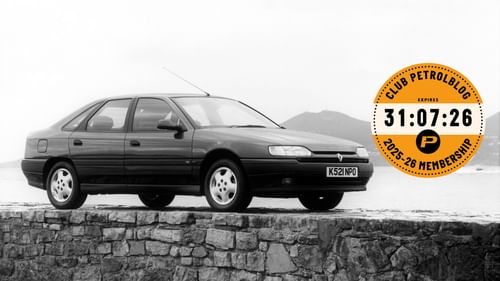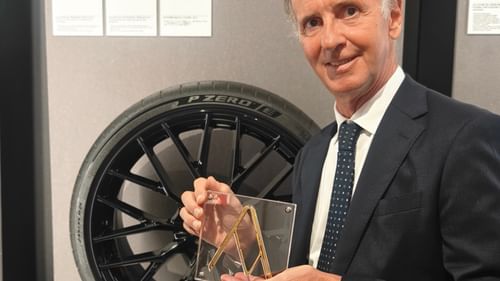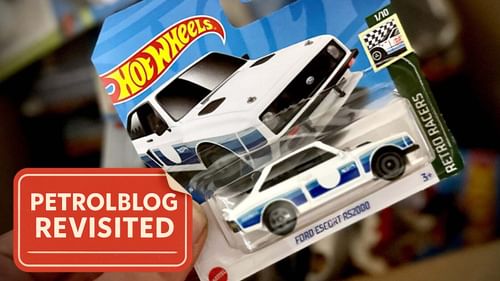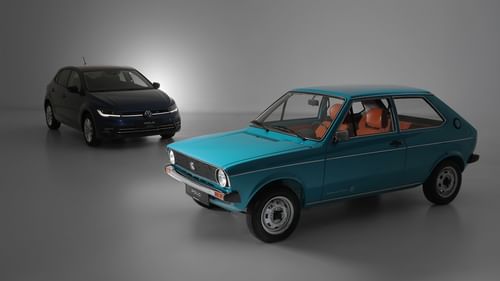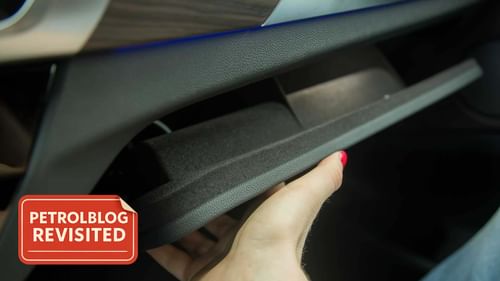Classic cars: Saving your soul – and maybe the planet too?

Let’s begin with a statement that’ll make your local council’s Clean Air Task Force choke on their chia smoothies: classic cars might actually be good for your health.
Or, at the very least, not as environmentally villainous as you’ve been led to believe. Yes, really.
Because while every other headline is telling you that your lovingly cherished Austin Montego is a rolling smog cannon, the data tells a different story. And this time, the numbers are wearing sheepskin seat covers and probably smell faintly of carb cleaner.
The classics are coming – and they're kinder than you think
Back in 2013, there were 466,830 classic cars on UK roads. Fast forward to the end of 2024, and that number has more than doubled to 1,056,919. You’d expect a cloud of environmental guilt the size of Norfolk to follow. But no, emissions from the sector are up just 34 percent, thanks to a 16 percent drop in average emissions per vehicle.
What sorcery is this? It’s the march of the modern classic. The automotive equivalent of Gen X hitting the gym and eating quinoa. Cars from the 1990s and early 2000s – think Peugeot 406 Coupés, E39 BMWs and Mk1 Focuses – are sliding gracefully into classic status, bringing with them fuel injection, catalytic converters and a general sense of tight manufacturing tolerances.
It turns out that when a Saab 9000 joins the classic club, the planet breathes a tiny sigh of relief.
Driving a classic = 1.5 weeks of living like a normal person
According to data from automotive comms outfit Loop, your average classic car emits 757kg of CO2 per year. That’s about the same as 1.5 weeks of household emissions. So unless you're planning to run your 1984 Scirocco as a daily on leaded fuel and guilt, you’re probably not going to be singlehandedly boiling the oceans.
What’s more, classics contribute just 0.30 percent of the UK’s total transport emissions. Which is less than the emissions caused by filming one episode of The Grand Tour on location in a rainforest. Probably.

People are driving their classics again – and that’s a good thing
Here’s something you weren’t expecting: classic car owners are actually putting more miles on their cars. After years of declining use, mileage is back up to 1,535 miles per year, which is about the same as it was in 2013. And still less than the average Brit walks to the fridge during a World Cup summer.
Sure, mileage has an impact on emissions. But it’s also keeping these machines alive, loved and maintained – which, unlike your local e-scooter fleet, they can do without a monthly fire.
Take mileage out of the equation, and you see the real trend: even assuming a constant 1,200 miles per year, the emissions per car are dropping, thanks to this influx of cleaner modern classics.
Youngtimers to the rescue
“Ten years ago, there were roughly 18,000 cars on our roads that were exactly 30 years old,” says Alex Kefford, head of editorial at Loop. “Today there are nearly 70,000. In fact, there are now more 30 to 33-year-old cars than the total number of classics of any age a decade ago.”
In other words, the very cars once mocked for their plasticky dashboards and complex electrics are now the ones helping make the classic scene cleaner than it might have been.
In conclusion: classics aren’t killing the planet. Probably.
Yes, there are emissions. Yes, they leak oil occasionally. And yes, your neighbour with the solar panels and the smug smile might still tut when you fire up the Capri on a Sunday morning.
But the numbers don’t lie. Classics are getting cleaner per car, and as a sector, they’re punching well below their environmental weight. They’re also keeping people connected to their cars, teaching hands-on skills and injecting joy into an increasingly characterless automotive landscape.
So the next time someone gives you side-eye for driving a car that predates Bluetooth, just smile and tell them you’re doing your bit for the environment. And your soul. After all, classic motoring is sustainable motoring – just not the kind they talk about at Davos.
